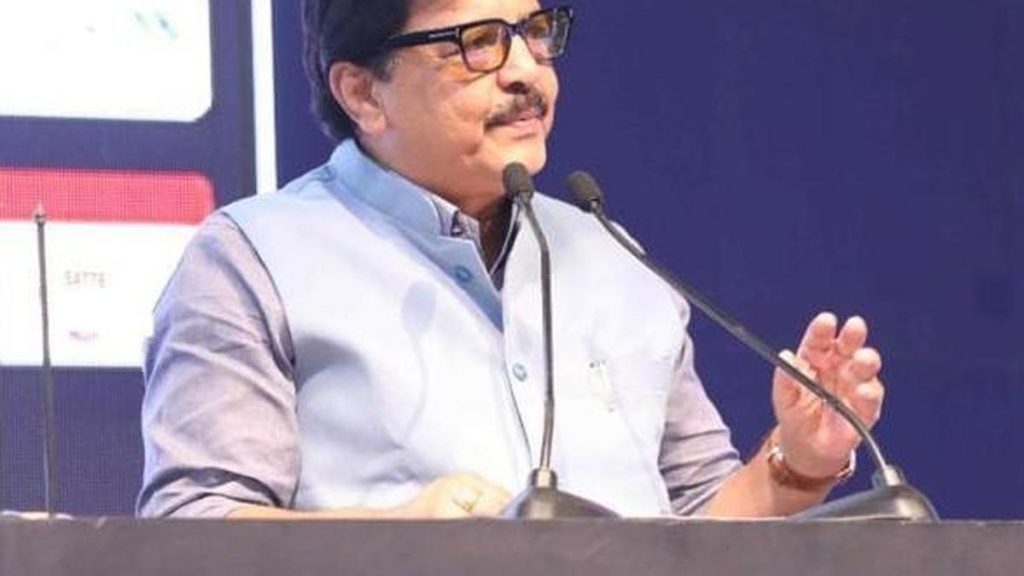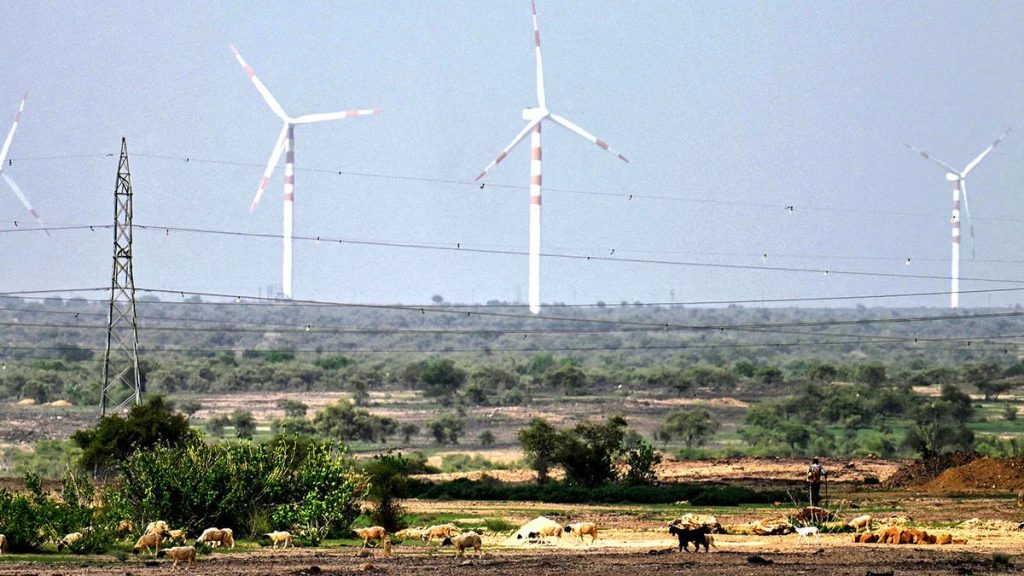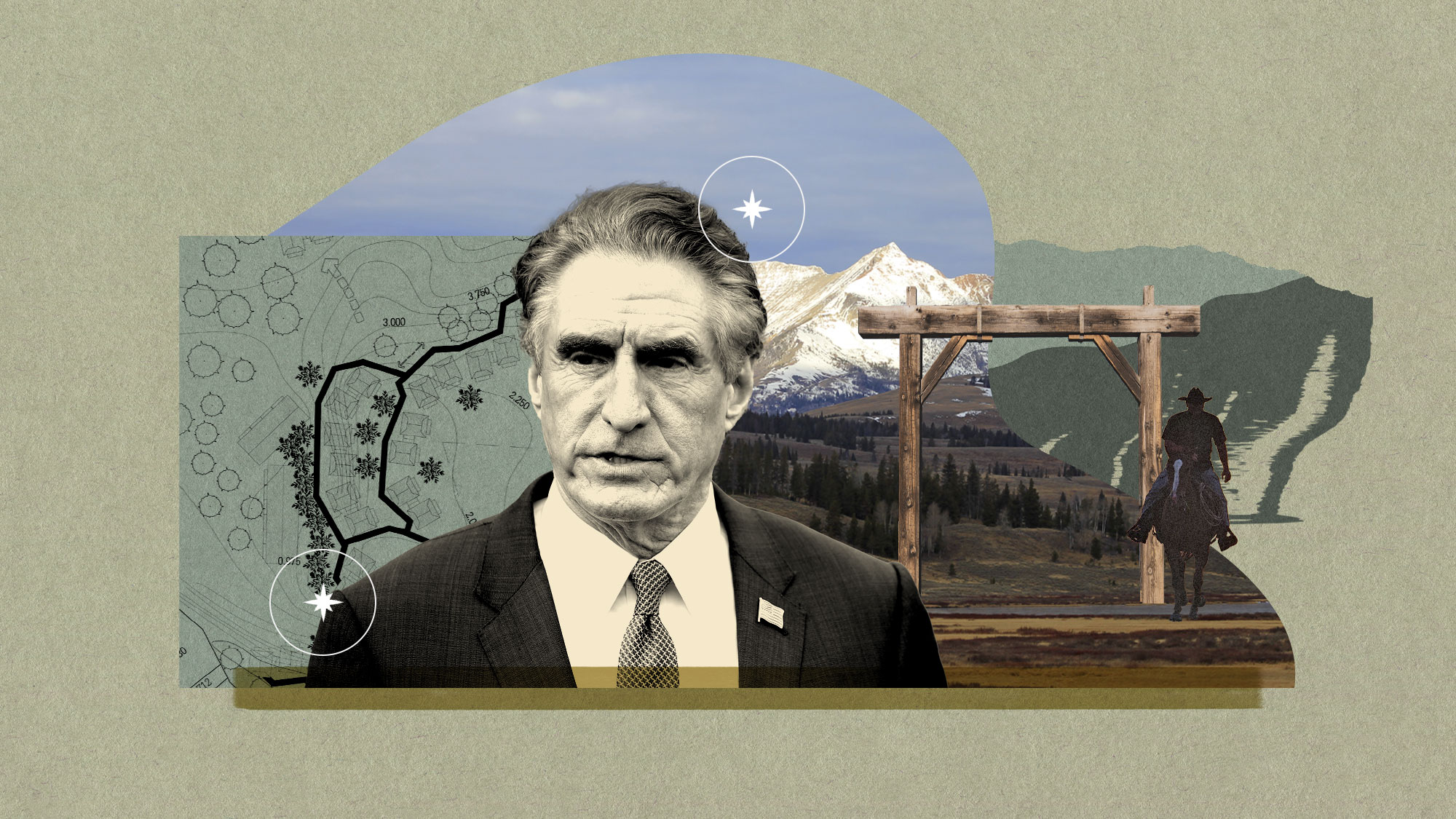Now Reading: Strengthening Climate Policies: The Case for Community Involvement
-
01
Strengthening Climate Policies: The Case for Community Involvement
Strengthening Climate Policies: The Case for Community Involvement

Quick Summary
- Extreme Heat Wake-Up Call: A 2021 heat dome in Washington state killed over 400 people, highlighting the deadly effects of climate change and inadequacies in existing response frameworks.
- Community Assemblies Initiative: MLK Labor hosted a Community Assembly at South Seattle College involving union workers (teachers, firefighters, healthcare workers) to address extreme weather and worker rights. Assemblies are participatory spaces for learning and collectively influencing policy.
- Policy shift: Seattle lawmakers now emphasize co-governance with communities most affected by climate change rather than imposing policies unilaterally.
- Funding & Partners: The City of Seattle allocated $100,000 through green New Deal legislation to fund Community Assemblies led by groups like MLK Labor and the Urban League of Metropolitan Seattle.
- Focus on Marginalized Groups: The assemblies prioritize input from frontline communities such as Indigenous peoples,immigrants,unhoused individuals,elders,youth,and communities of color disproportionately impacted by climate change.
- Outcomes & Empowerment: Participants reported solidarity around shared challenges posed by extreme weather events (e.g., lack of protections for workers). Some attendees became actively engaged with policymakers after participating in assemblies.




Indian Opinion Analysis
The Community assembly model applied in Seattle offers an inspiring framework for tackling problems via grassroots collaboration. India’s diverse challenges-climate change being one among them-also disproportionately affect marginalized groups.This participatory approach aligns with India’s democratic ethos but requires robust resources to scale effectively nationwide.
Seattle’s funding mechanism through its Green New Deal legislation demonstrates government commitment toward co-governance while ensuring inclusivity. If systematically adopted elsewhere-including India-it could empower excluded sections like rural farmers or urban slum dwellers facing environmental vulnerabilities.
From an Indian lens, this model also highlights that meaningful policy must emerge from lived experiences alongside empirical studies or traditional expert consultations. Initiatives ensuring that historically underrepresented voices are central might help bridge existing governance gaps without diluting accountability structures.
For further exploration into collaborative policymaking approaches worldwide:
Read More

























